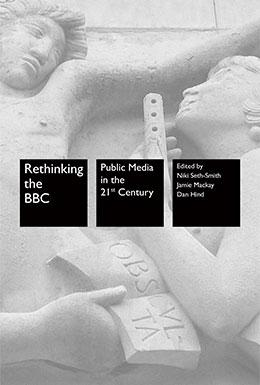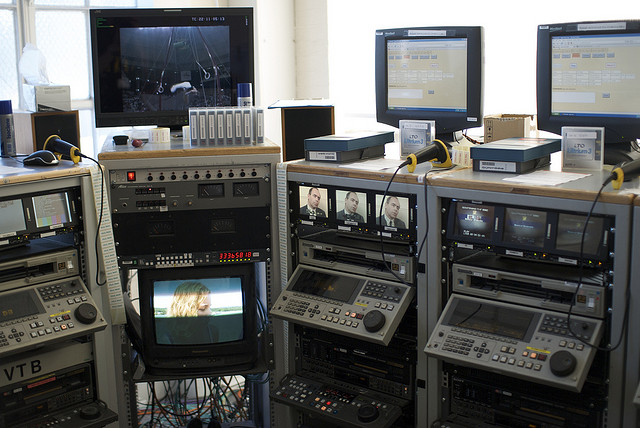Re-shaping Britain must include the BBC
In the next few years, the UK’s constitution will be re-shaped. This includes the BBC. A new book, from openDemocracy and Commonwealth Publishing, rethinks what Britain in the 21st century needs from its public media.
Re-shaping Britain must include the BBC
In the next few years, the UK’s constitution will be re-shaped. This includes the BBC. A new book, from openDemocracy and Commonwealth Publishing, rethinks what Britain in the 21st century needs from its public media.
Inside the BBC
Can we trust the BBC?
- 1 of 11
- ››



.jpg )











